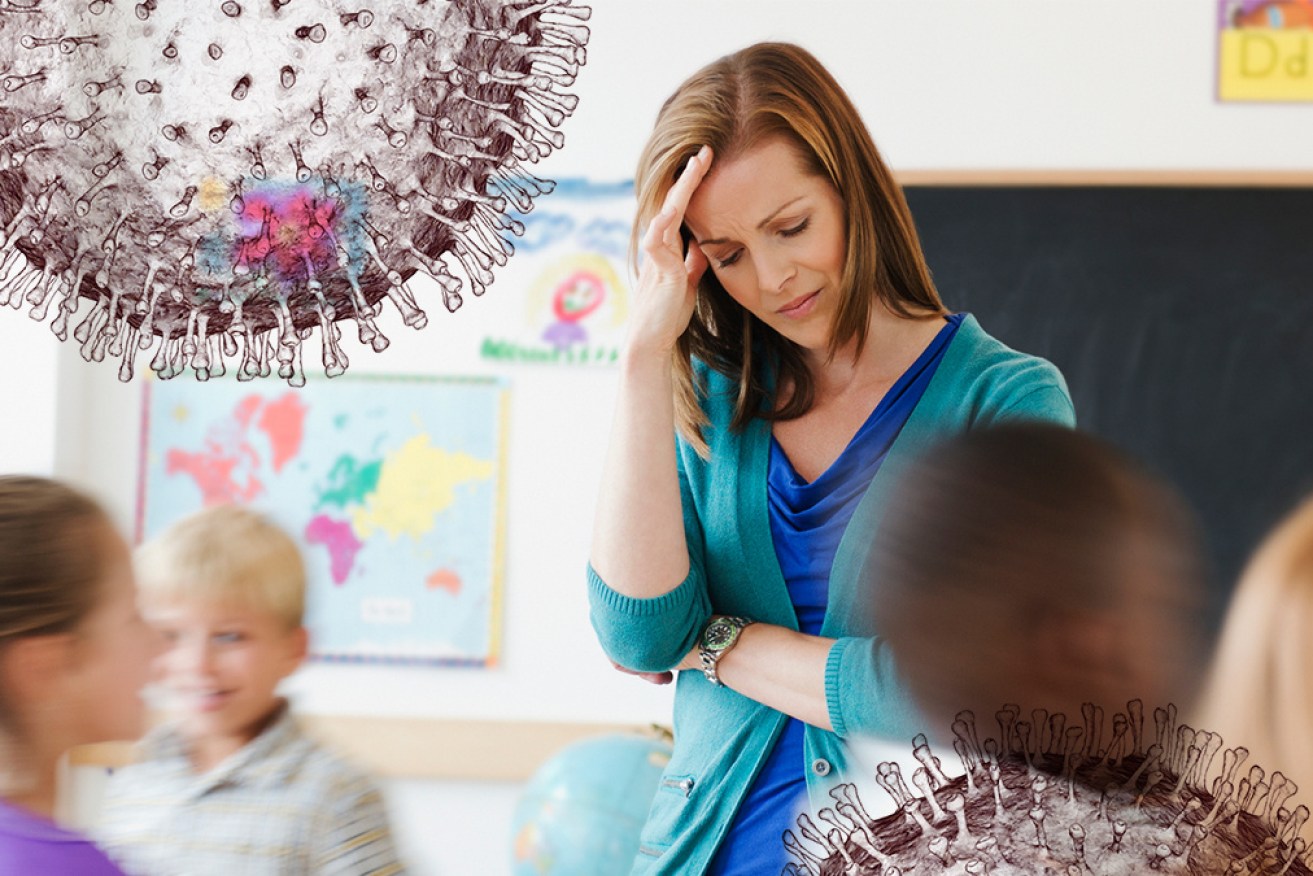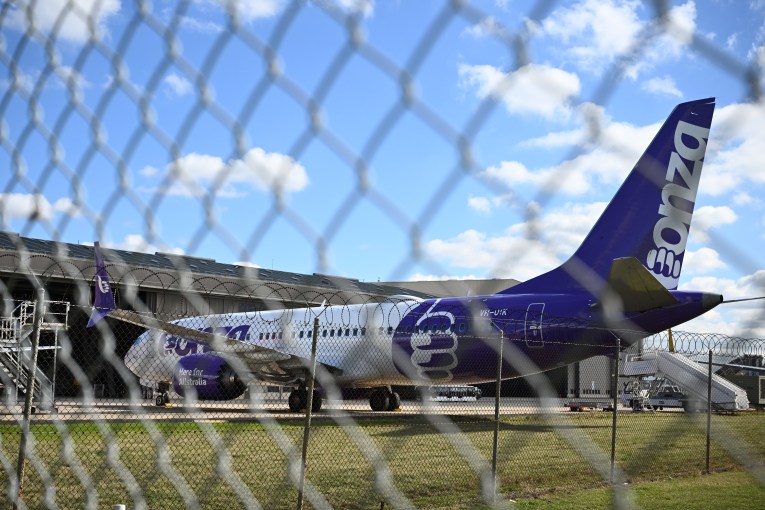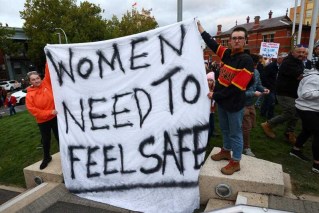‘Like expendable babysitters’: Teachers slam decision to leave schools open during coronavirus crisis


Schools have been closed to slow down the spread of the coronavirus. Photo: TND/Getty
As more and more countries shut down schools to slow the spread of the coronavirus, anger is growing among Australian teachers over the government’s insistence we keep ours open.
Since COVID-19 hit Europe, France and Italy have closed all schools, and this week it was announced UK schools will close indefinitely on Friday afternoon.
Meanwhile every weekday in Australia, about 3.9 million children – many of whom won’t know they are carrying the virus – gather at primary and secondary schools around the nation.
Adding to the threat is a shortage of hand sanitiser and soap in schools due to panic-buying.
At some schools, kids are being told to bring their own bar of soap.
Despite the risk of children unwittingly infecting parents and teachers, Prime Minister Scott Morrison has insisted schools stay open, primarily due to the effect school closures will have on the medical workforce.
Teachers, fearful for their safety, are now speaking up.
Brendan Ricci, a teacher at Ringwood Secondary College in Melbourne’s eastern suburbs, said teachers have been completely left out of the discussion about whether to close schools down.
“Teachers are understandably very concerned for their health and nobody seems to want to talk about it,” Mr Ricci told The New Daily.
“It makes us feel like we’re expendable, like we’re only there to babysit the children.
“If you want us to be quarantine officers, at least have the decency to tell us what the plan is.”
Mr Ricci added many teachers were frustrated by the federal government’s conflicting health advice, which has banned Australians from attending public gatherings of more than 100 people and ordered a standing distance of 1.5 metres apart to stop the virus’ spread.
“Here we are with more contact with people than any [other] profession and we’re being told that’s OK, but it’s not OK for us to go to a function with 100 people for an hour,” he said.
“I’ve got elderly parents and so does my wife.
“When you keep reading about how many people are working from home now, you think, are we being put in the firing line?
“It makes state school teachers feel like sacrificial lambs.”
Mr Ricci said teachers were working hard to move classes online now so students wouldn’t be left too far behind when schools eventually close.
Already, it’s getting harder for educators, especially in Victoria, to limit the spread of the virus in schools – even if they haven’t confirmed any student cases yet.
That’s because the frenzy of shoppers hoarding essentials like toilet paper, soap, hand sanitiser and cleaning products has forced many Victorian schools to miss out.
To combat this issue, the Victorian Education Department has arranged for more than 10,000 units of hand sanitiser to arrive this week.
But education consultant Dr Catherine Scott said supplying hygiene products to children wouldn’t stop the virus from spreading.
“Schools are aggregating devices for germs and children are disease vectors,” Dr Scott told The New Daily.
“There is no way you can get them to wash their hands properly and not swap licks of their Paddle Pops.
“If you’ve got one or two kids in your class with the virus, you can wash your hands until they bleed but there is nothing you can do to avoid catching it short of wearing a hazmat suit.”








